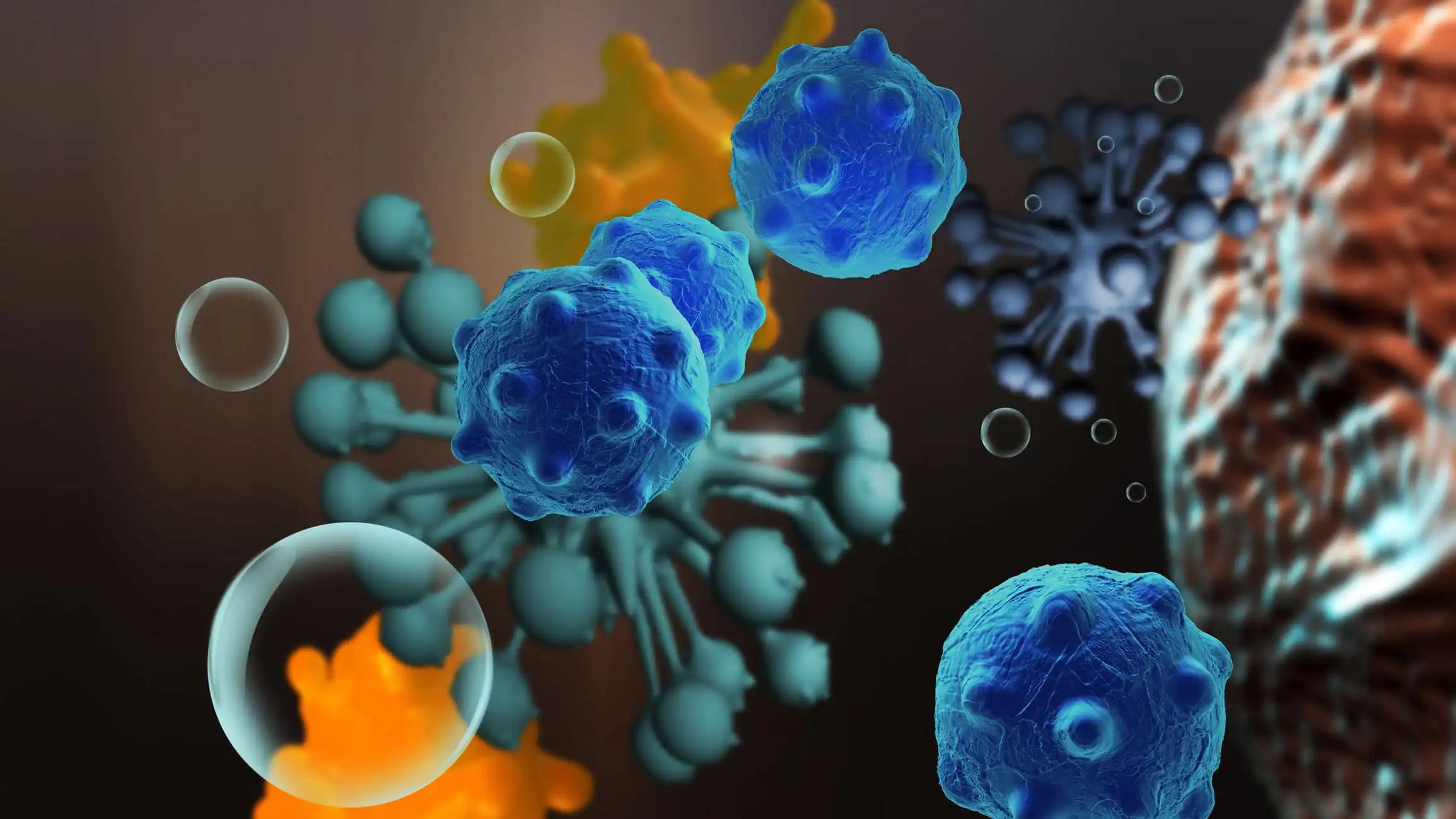KEY TAKEAWAYS
- The phase I/II study determined the efficacy and safety of glofitamab monotherapy in patients with Richter’s transformation.
- Patients included in the study had RT and had received at least one prior treatment, including anti-CD20 antibodies.
- The study concluded that fixed-duration glofitamab monotherapy can induce durable complete remissions and has a manageable safety profile in patients with RT, suggesting it may be a potential therapy for this high-unmet-need patient population.
The study included patients (pts) diagnosed with Richter’s transformation (RT) and who had previously undergone at least one treatment regimen, including at least one anti-CD20 antibody (Ab). Before receiving glofitamab, pts underwent pretreatment with obinutuzumab, administered at either 1000 or 2000mg, seven days before the first dose of glofitamab. Glofitamab was administered intravenously at either a fixed dose (0.6, 16, or 25mg) or using a step-up dosing (SUD) approach during Cycle 1, with a target dose of either 16 or 30mg, and this treatment cycle was repeated every three weeks for a maximum of 12 cycles. To evaluate treatment responses, Lugano 2014 criteria were employed. Cytokine release syndrome (CRS) events were assessed and graded according to the ASTCT criteria.
As of October 10, 2022, glofitamab treatment was administered to 11 pts, with five pts receiving a fixed dose ranging from 0.6 to 25 mg and three pts receiving glofitamab with a step-up dosing regimen (2.5/10/16 mg for three pts and 2.5/10/30 mg for three pts). The median age of the pts was 71 years (range 48 to 76 yrs). Six pts were older than 70. A total of 91.0% of pts had Ann Arbor stage III–IV disease and 45.5% had an International Prognostic Index (IPI) score greater than or equal to 3. The median number of prior treatments was 3 (range: 1–4), and 54.6% of pts had more than or equal to 3 prior therapies. 90.9% of pts were refractory to a previous regimen containing an anti-CD20 antibody (aCD20 Ab). All pts were refractory to their most recent treatment regimen (100%), and 54.5% were refractory to their initial therapy.
As evaluated by the investigators, the overall response rate was 63.6%, and the complete response (CR) rate was 45.5%. The median time to achieve CR was three mos, with a 95% CI ranging from 2.5 mos to an inestimable duration. Complete responses were sustained, with the majority (4 out of 5, or 80%) lasting for at least 24.9 mos during data analysis. CRS occurred in 72.7% of pts and was mainly associated with the initial treatment doses. Most cases of CRS were of Grade 1 (27.3%) or Grade 2 (27.3%) severity. Severe cases, classified as Grade 3 (9.1%, one case) or Grade 4 (9.1%, one case), were infrequent. Neurological adverse events (AEs) possibly linked to glofitamab, indicative of immune effector cell-associated neurotoxicity syndrome, were observed in five patients. Among these cases, one was classified as Grade 3 (involving syncope), while the remaining four were Grade 1. There were no glofitamab-related Grade 5 (fatal) adverse events and none of the glofitamab-related adverse events led to treatment discontinuation.
Glofitamab monotherapy administered for a fixed duration led to long-lasting complete remissions and demonstrated a manageable safety profile in RT patients. It is a potential treatment option for RT pts with significant unmet medical needs. Additional data from extended follow-up will be presented to provide further insights.
Source: https://onlinelibrary.wiley.com/doi/10.1002/hon.3163_28
Clinical Trial: https://classic.clinicaltrials.gov/ct2/show/NCT03075696
Carlo-Stella, C., Hutchings, M., Offner, F., Mulvihill, E., Relf, J., Byrne, B., Lundberg, L., Dickinson, M. GLOFITAMAB MONOTHERAPY INDUCES DURABLE COMPLETE REMISSIONS AND HAS A MANAGEABLE SAFETY PROFILE IN PATIENTS WITH RICHTER’S TRANSFORMATION https://onlinelibrary.wiley.com/doi/10.1002/hon.3163_28



